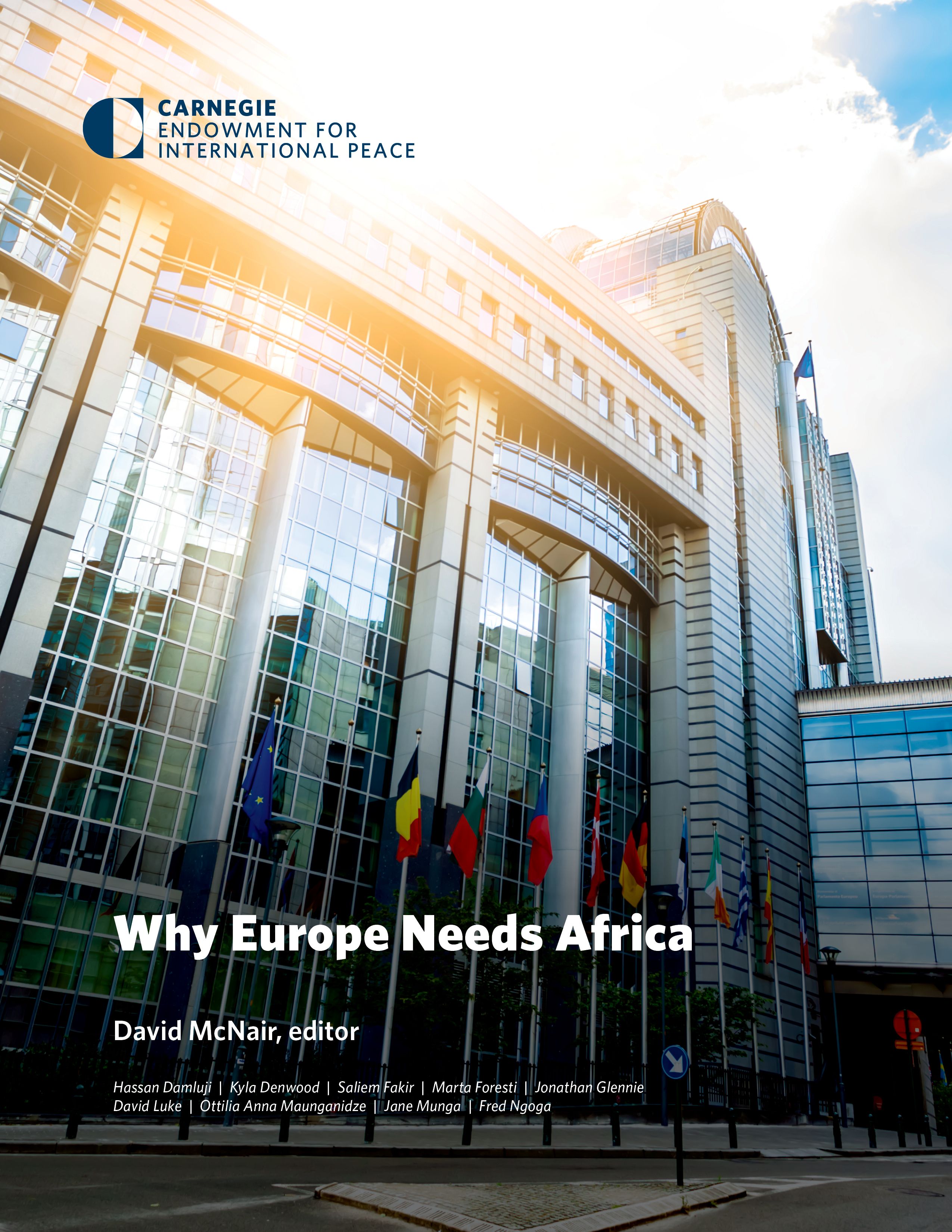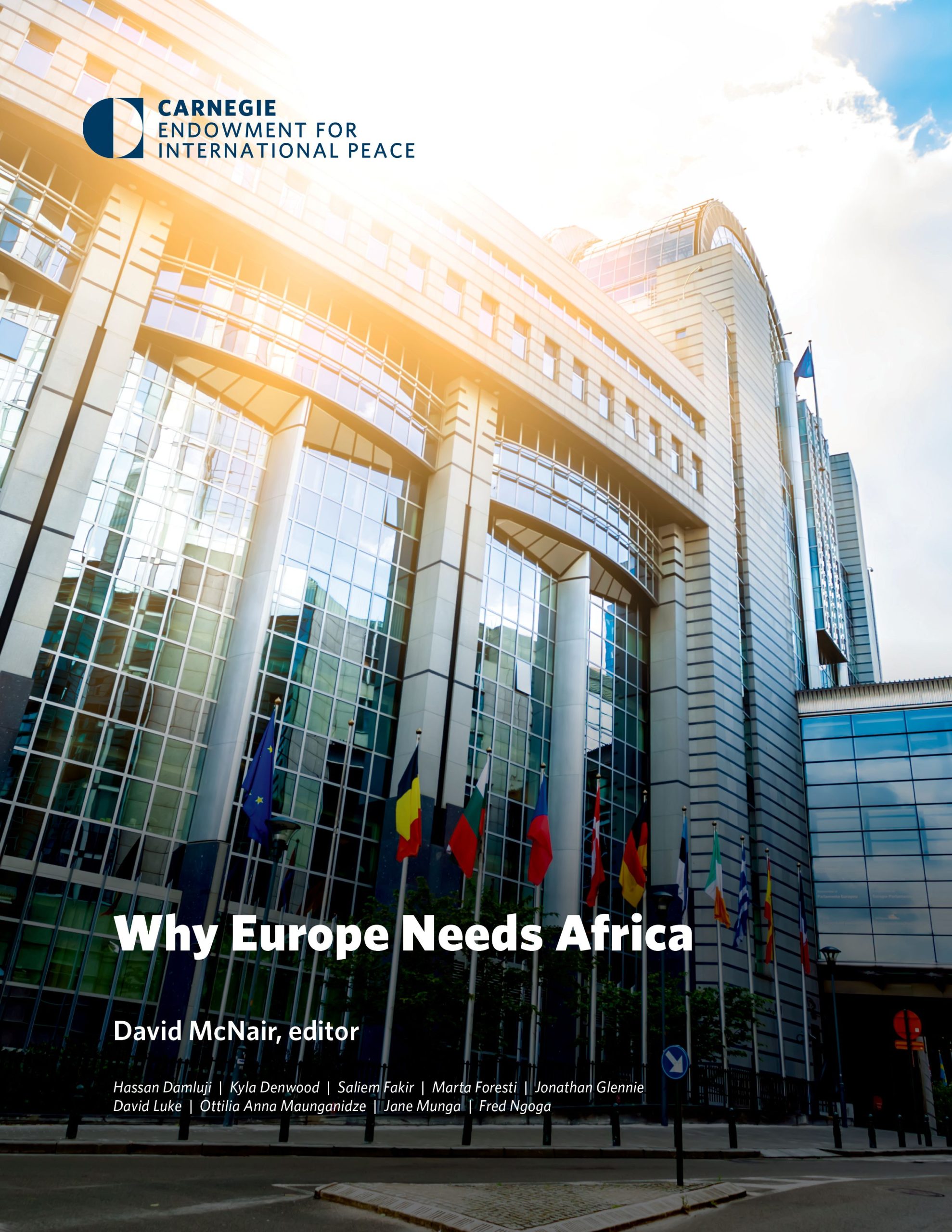
# Europe and Beyond Open Opportunities for US Scientists Amid Trump Administration Cuts
Research institutions across Europe and beyond are intensifying their efforts to attract scientists from the United States, particularly chemists, in light of extensive funding reductions and new efficiency policies under the Trump administration. Numerous scientists employed by the US government have faced job losses as a result of these changes, while universities have encountered unprecedented challenges, including the withdrawal of specific grants.
Consequently, European countries, acutely aware of the ramifications of such turmoil, are initiating focused programs to welcome the displaced scientific community. This evolution signifies a major transformation in the international flow of scientific expertise, with European officials deeming it a ‘historic moment’ that necessitates prompt action.
## **A Collaborative Initiative to Recruit US Researchers**
Twelve European nations, including France, Germany, Spain, and the Netherlands, have pledged to hire researchers from the US who are currently exploring new opportunities. In a recent correspondence to **EU commissioner for research and innovation Ekaterina Zaharieva**, ministers and representatives from these countries advocated for urgent financial and policy support to encourage this movement of talent.
They suggested leveraging existing funding channels, such as the **European Research Council and Marie Skłodowska-Curie Actions (MSCA)**, and enhancing the European Research Area’s career opportunities portal. Moreover, they recommended the creation of a **specific immigration framework** to simplify the process for scientists affected by political and economic turmoil in the US.
To streamline this effort, European officials have proposed a **high-level international conference** within the next few weeks, aiming to gather science ministers and the European Commission to devise additional strategies for integrating the departing US researchers into Europe’s academic and industrial landscapes.
## **France’s Safe Place for Science Initiative and Other National Efforts**
France has taken a proactive stance with **Aix Marseille University launching its “Safe Place for Science” initiative**. This program, designed to offer refuge for American researchers facing challenges at home, received over 40 responses within its first week from scholars at renowned institutions such as **Stanford, Yale, NASA, and the National Institutes of Health**.
Aix Marseille University president **Éric Berton** recognized the seriousness of this situation, cautioning that “we are witnessing a new brain drain.” The university has committed to investing up to **€15 million over three years**, with plans to accommodate roughly 15 scientists.
In a similar vein, **CentraleSupélec, a French engineering school, has established a €3 million endowment fund** to support researchers impacted by the Trump administration’s policies. Their objective is to create a secure environment where high-caliber scientists can perform their research free from political constraints.
A group of French researchers emphasized the pressing nature of the issue in an article featured in *Le Monde*, urging Europe to respond swiftly and implement rapid, simplified reception solutions. They noted that considering the speed at which Trump and his political allies are acting, *“these solutions must ensure good working conditions within a few weeks, or even days.”*
## **The Netherlands Joins the Quest for Talent**
Seizing the opportunity, **the Netherlands is positioning itself as a leading global scientific center**. On March 20, Dutch education minister **Eppo Bruins** announced a new fund aimed at luring international researchers, particularly those from the US.
Bruins highlighted the necessity of preserving Europe’s and the Netherlands’ competitiveness, stating in a letter to the Dutch House of Representatives, “It is crucial for Europe’s and the Netherlands’ competitiveness, strategic autonomy, and resilience that we continue to attract top-tier scientists.”
Nevertheless, not all in the Netherlands fully endorse the initiative. The **Dutch General Education Union (AOb) raised concerns** regarding the funding of such an initiative, questioning whether the current research budget could support potentially high numbers of new researchers while domestic funding is already under pressure.
## **Belgian and Other European Institutions Take Action**
Belgium is also welcoming US researchers. **The Free University of Brussels has announced 12 postdoctoral positions specifically aimed at international scholars, particularly Americans in critical fields**. Funded through **€2.5 million from the MSCA program**, the university describes this initiative as a direct response to the **“alarming political interference”** in academic research by the Trump administration.
Beyond European borders, **other countries may also join the competition**. Various research institutions in nations like **Canada and Australia** are anticipated to implement similar initiatives designed to attract displaced US scientists.
## **A Self-Inflicted Brain Drain?**
For many experts, this trend does not represent “poaching” or inappropriate recruitment by Europe but rather a **“self-inflicted wound” inflicted by the policies of the Trump administration**.
**Robert Quinn**, founding executive director of the **Scholars at Risk (SAR) Network**, contends that US scientists are
